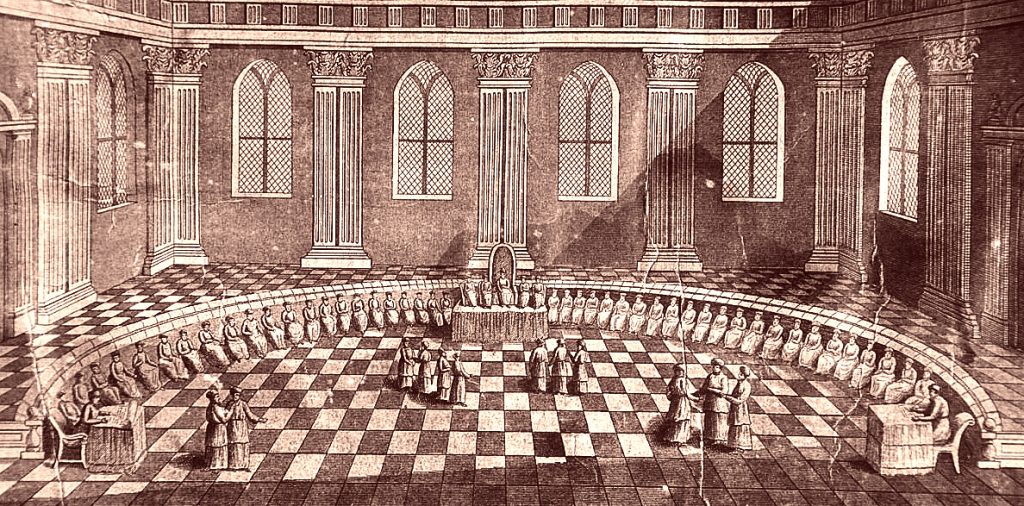
Tomorrow’s ‘Parashah’ {פרשה}(weekly Torah portion) is ‘Shofetim’ {שופטים} (Hebrew for ‘Judges’). This is the fifth ‘Parashah’ in the Book of Deuteronomy and can be found in Deuteronomy 16:18–21:9.
‘Shofetim,’ {שופטים} the name of our weekly Torah portion, comes from the Hebrew root Sh-F-T {ש-פ-ט} which means ‘to judge.’ The emphasis found within the meaning of this Hebrew root is more about the authority, justice and the ability to carry out actions (sanctions for example) rather than the process of the legalities.
Interestingly, and following this Hebrew logic, all sports referees and umpires are called in Modern Hebrew ‘Shoeftim’ – meaning there is NO difference in the Hebrew language between a soccer referee and a high court judge because BOTH possess the power to make the ruling.
The opening verse of the weekly Torah portion is the following:
“You shall appoint judges and officers in all your towns that the LORD your God is giving you, according to your tribes, and they shall judge the people with righteous judgment.” (Deuteronomy 16:18)
In the original Hebrew, the first sentence appears as following: ‘You shall appoint judges and officers FOR (TO) YOU in all your towns that the LORD your God is giving you.’ The Hebrew word ‘Lecha’ {לך} which means ‘to you’ or ‘for you’ (singular) appears in the original Hebrew right after ‘You shall appoint judges and officers.’
This drew the attention of the Jewish Bible commentators, who came up with a very insightful lesson that could be learned from it. They said that the extra emphasis of the word ‘TO YOU’ or ‘FOR YOU’ was made so every person would be more responsible and ‘appoint’ himself/herself as a judge over their own actions in accordance with the end of the biblical verse: ‘Judge the people with righteous judgment.’
